Empowering Women and Youth as Climate Advocates
Why do we believe that women and youth matter in climate adaptation and activism? We focus on women and youth because they represent neglected human capacity in Zangskar. Both women and youth face disproportionate effects from the impacts of climate change in Ladakh, albeit in slightly different ways.
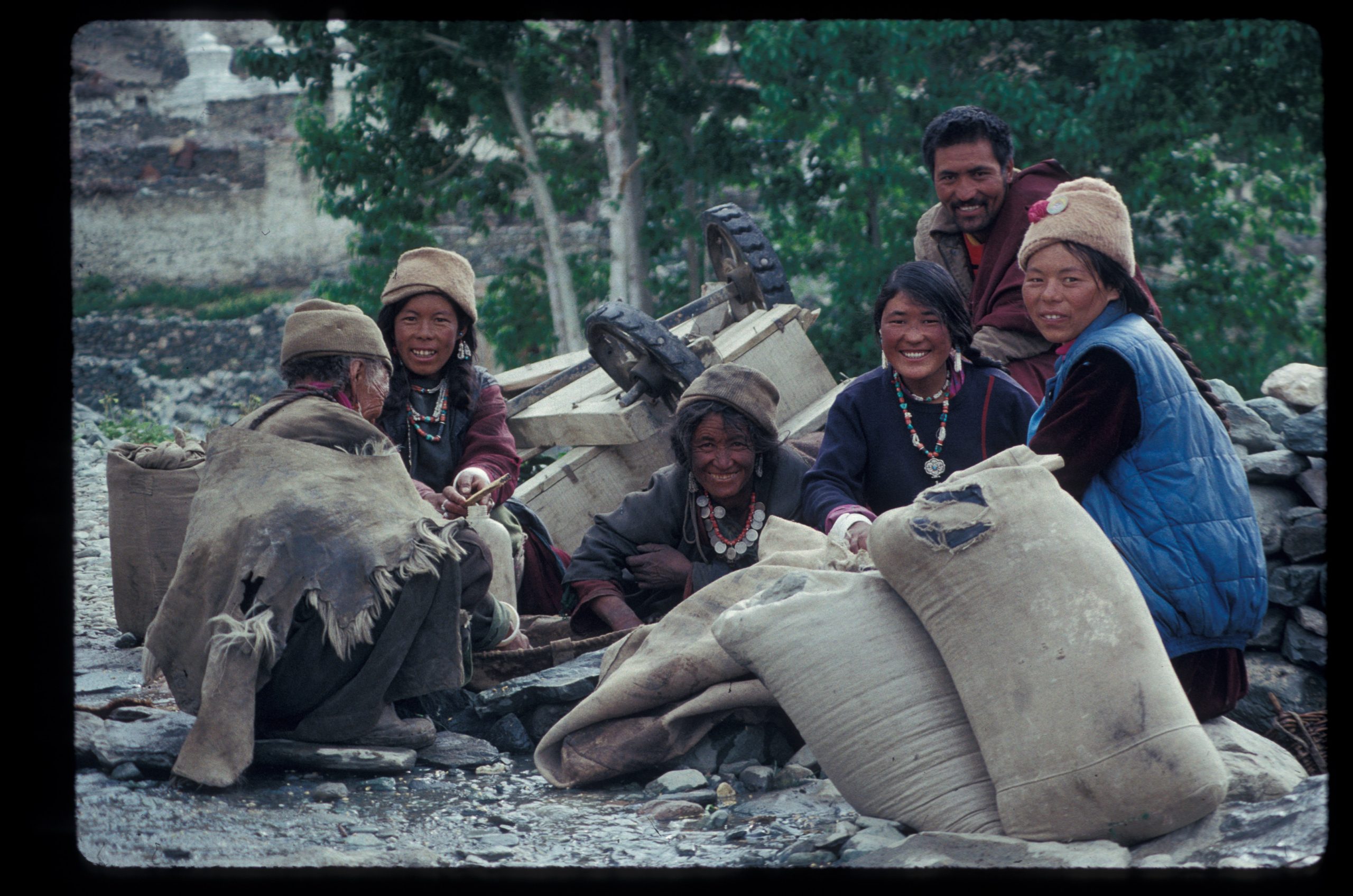
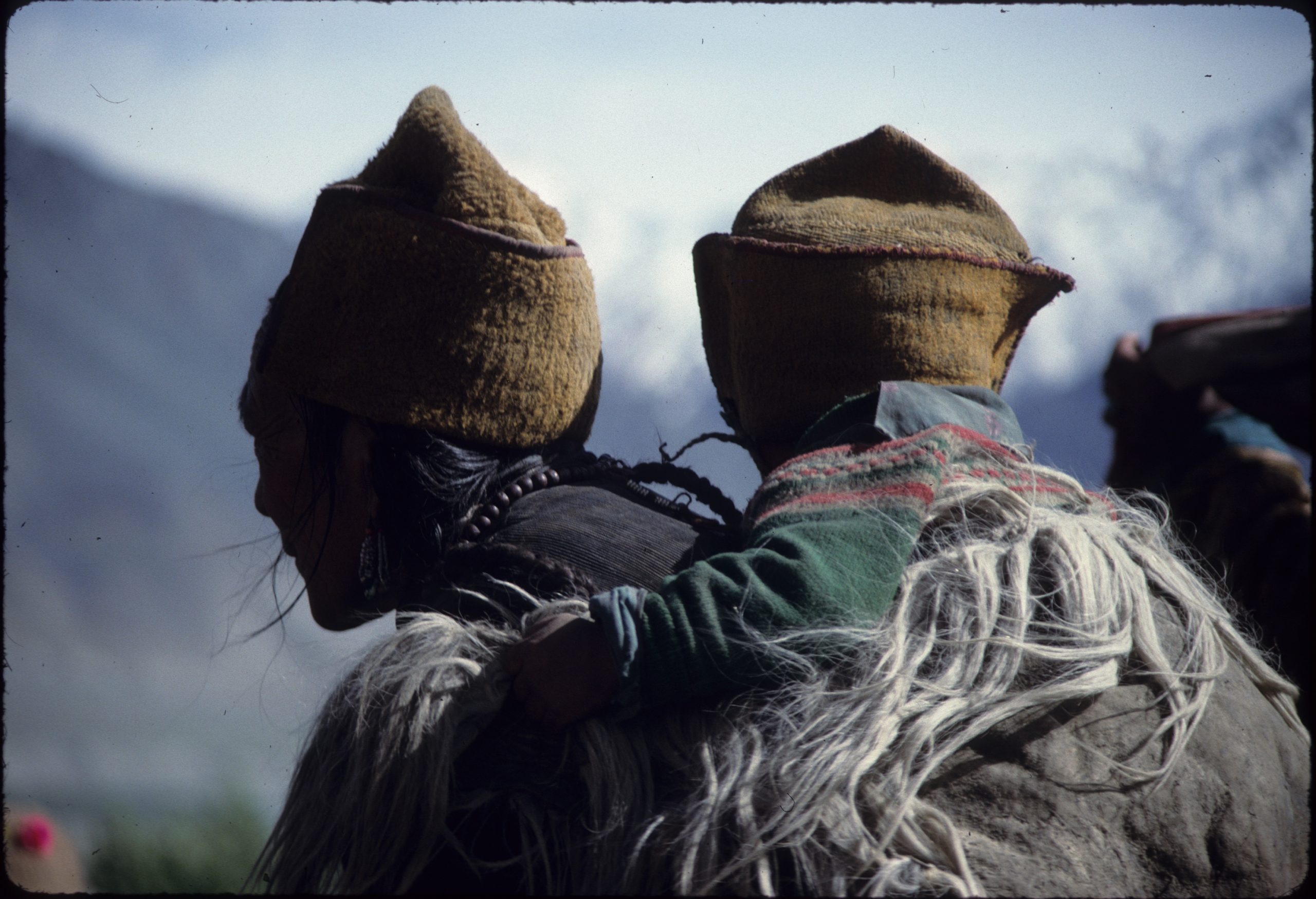
Women and girls manage household food production and provide most of the household labor upon which Zangskari subsistence depends. Indeed, women are now the primary rural workers in an economy that favors male and youth out-migration from villages to urban centers.
Women and youth do a majority of the childcare, inculcating the next generation with critical lessons around stewarding the landscape and all of its resources––human, animal, vegetable, mineral.
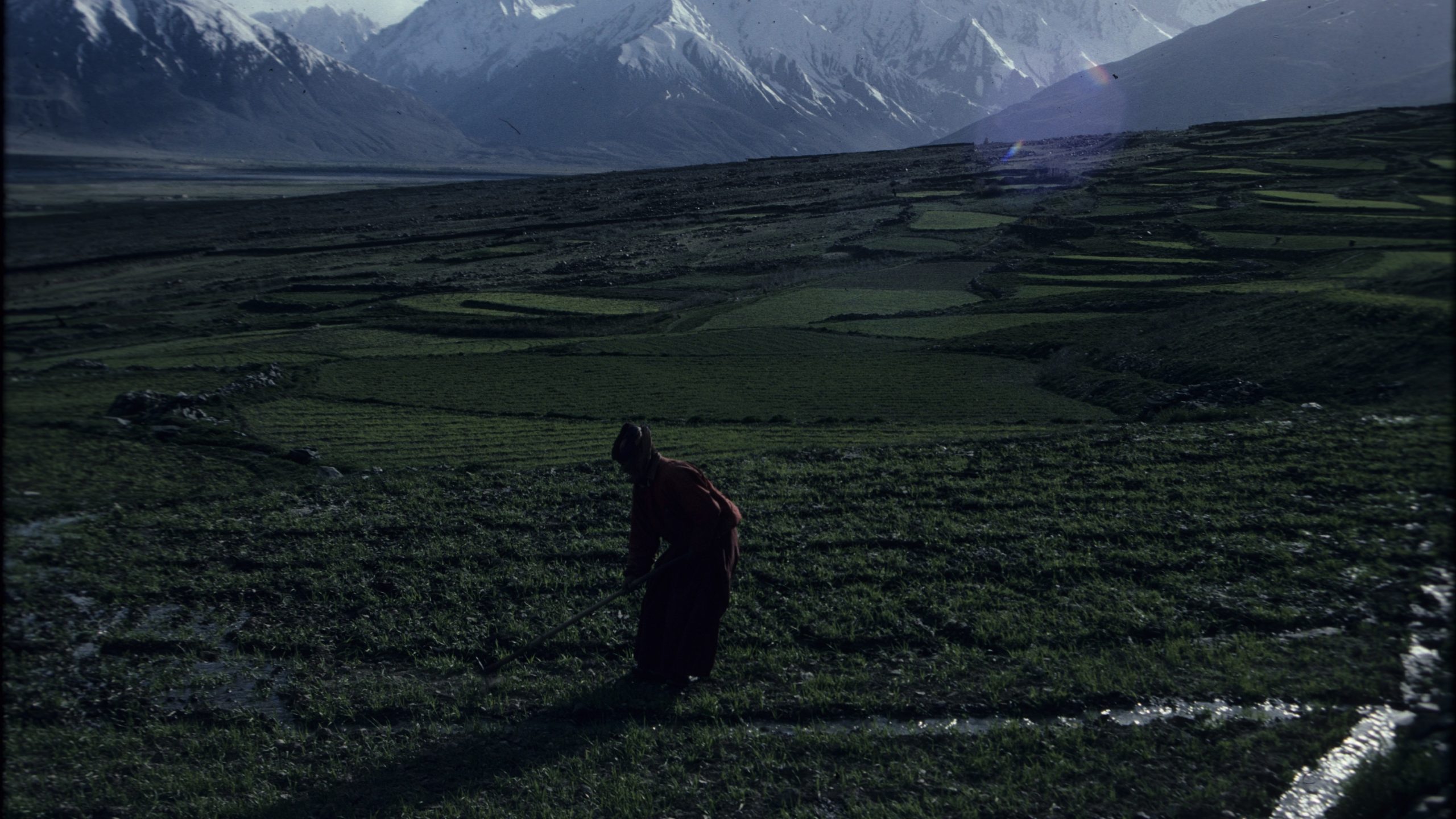
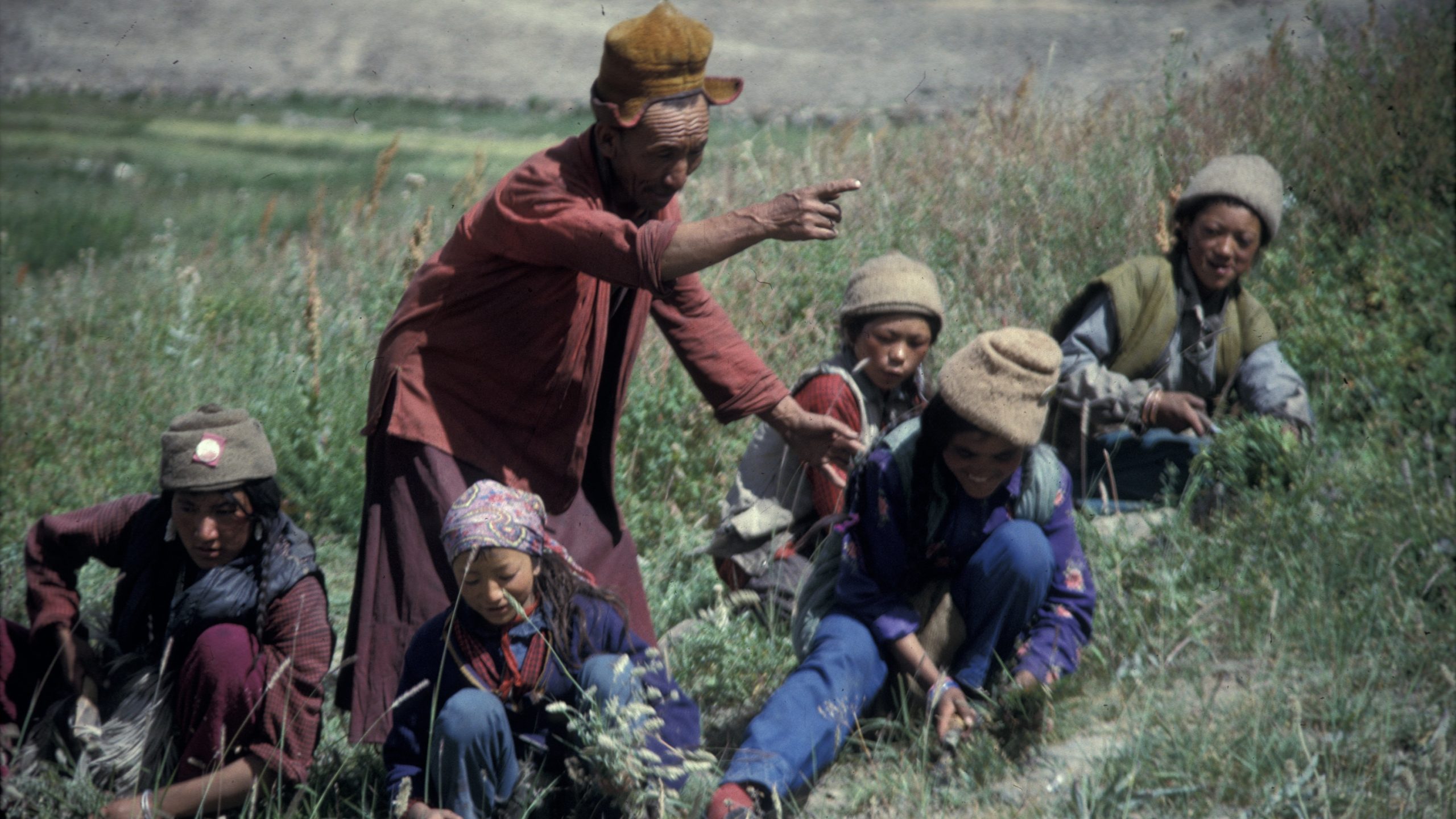
Women and girls do a majority of the watering of fields creating the intricate patterns of water channels to minimize soil erosion and ensure every seedling gets water.
Women, girls, and youth remaining in the village do most of the summer weeding, as well as the fall harvest of peas, wheat, barley, and alfalfa.
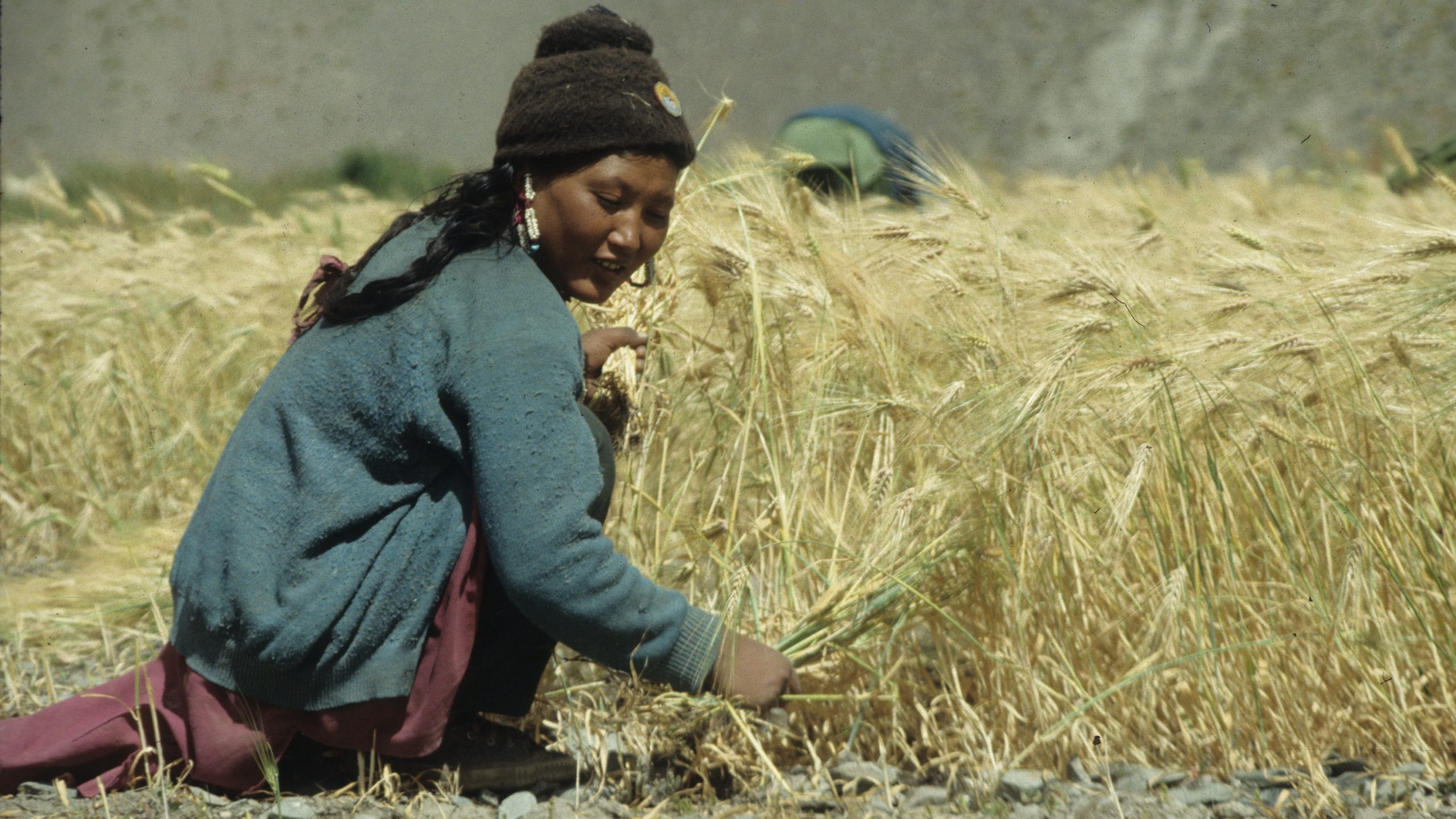
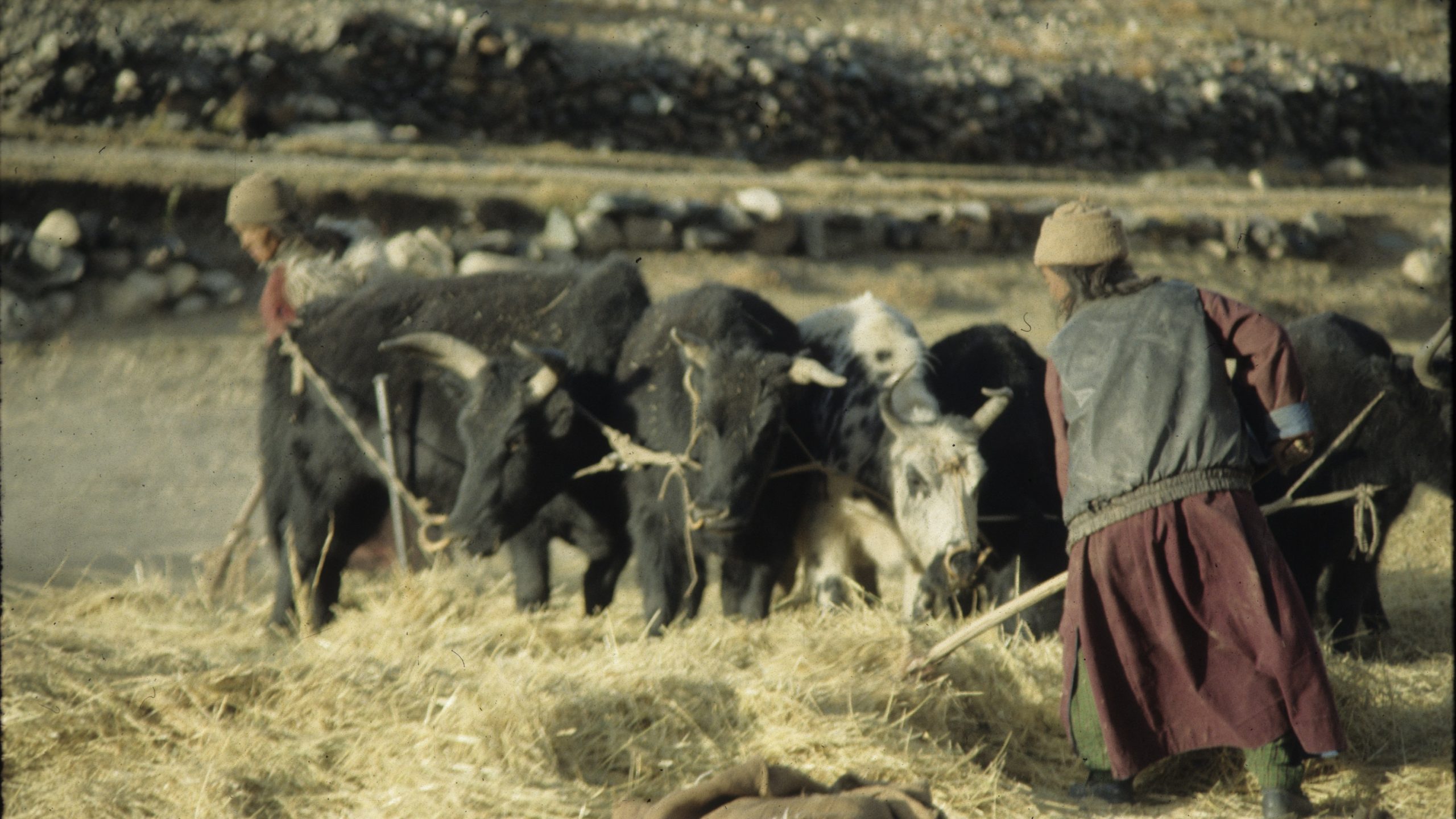
Women also manage the threshing and winnowing of barley and wheat, by hand with the help of yaks and dzo (cow-yak crossbreed).
While use of mechanical threshers is growing, many villagers can’t afford them or prefer threshing by hand as the fodder produced by machines causes cows painful choking and suffering
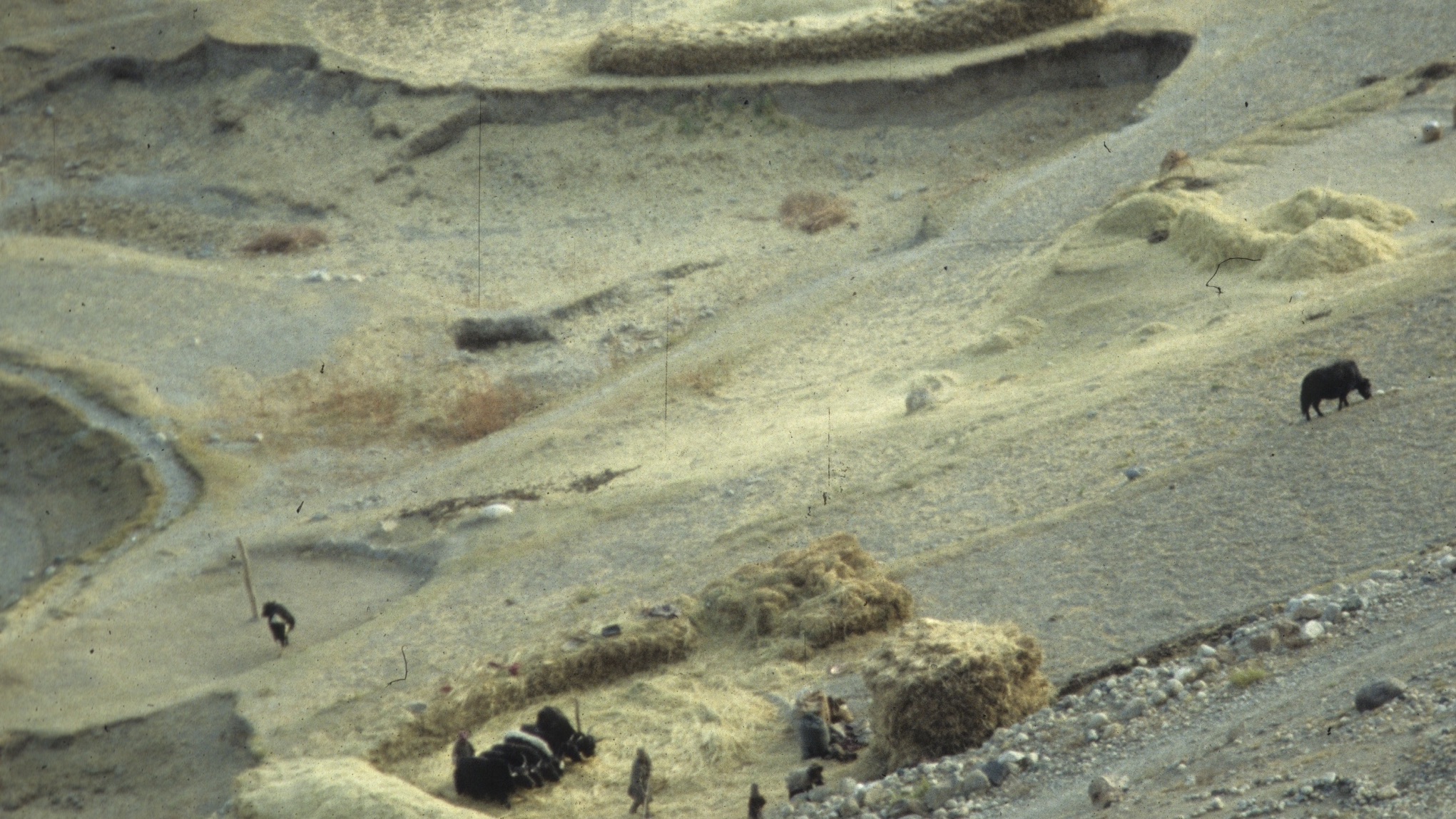
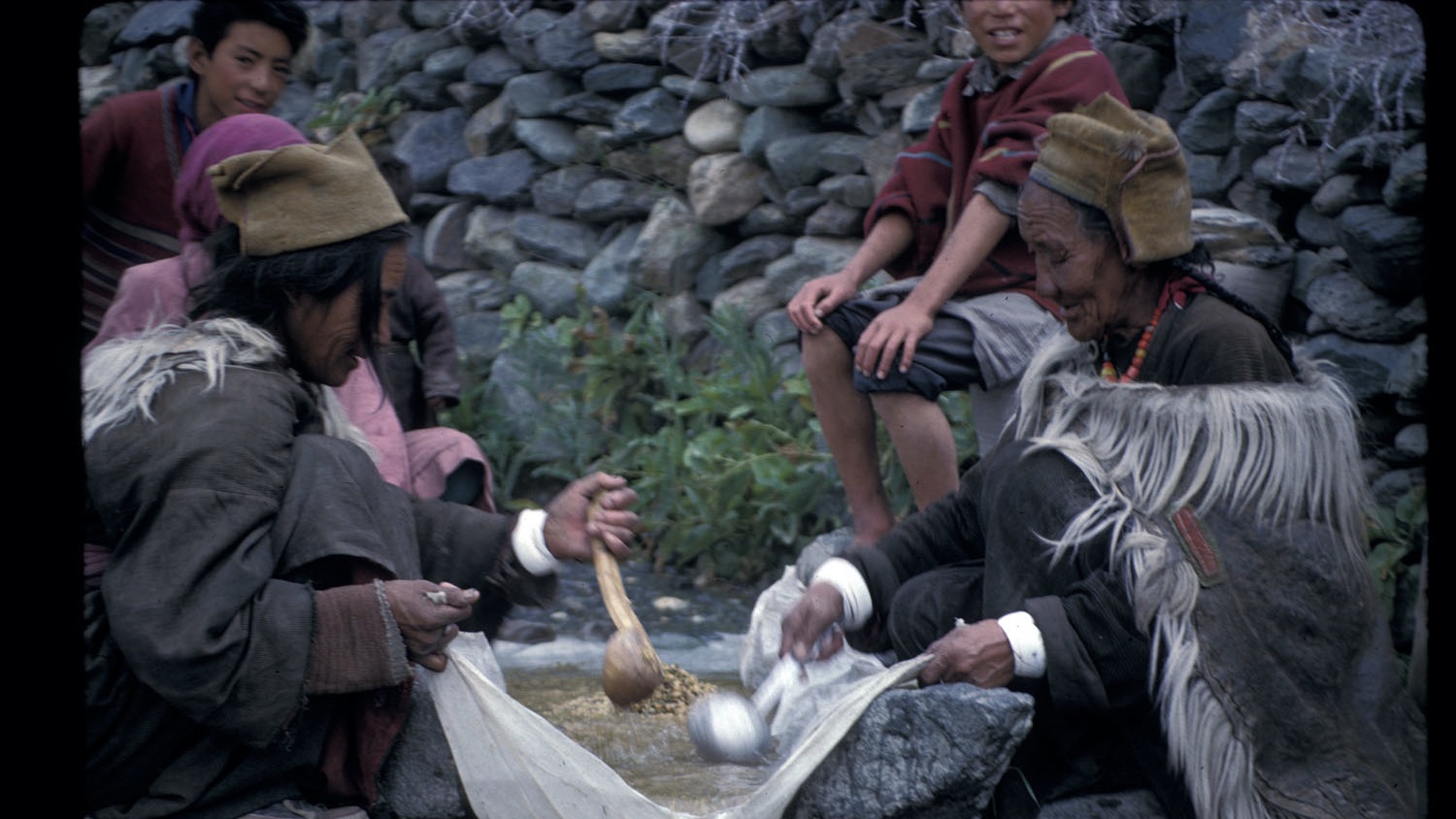
Women do most of the food processing such as washing the barley, wheat, and peas after they are threshed and winnowed.
Women roast the barley and peas that are made into tsampa (roasted barley flour), sran phye (roasted pea flour), two staples of local Zangskari diet.
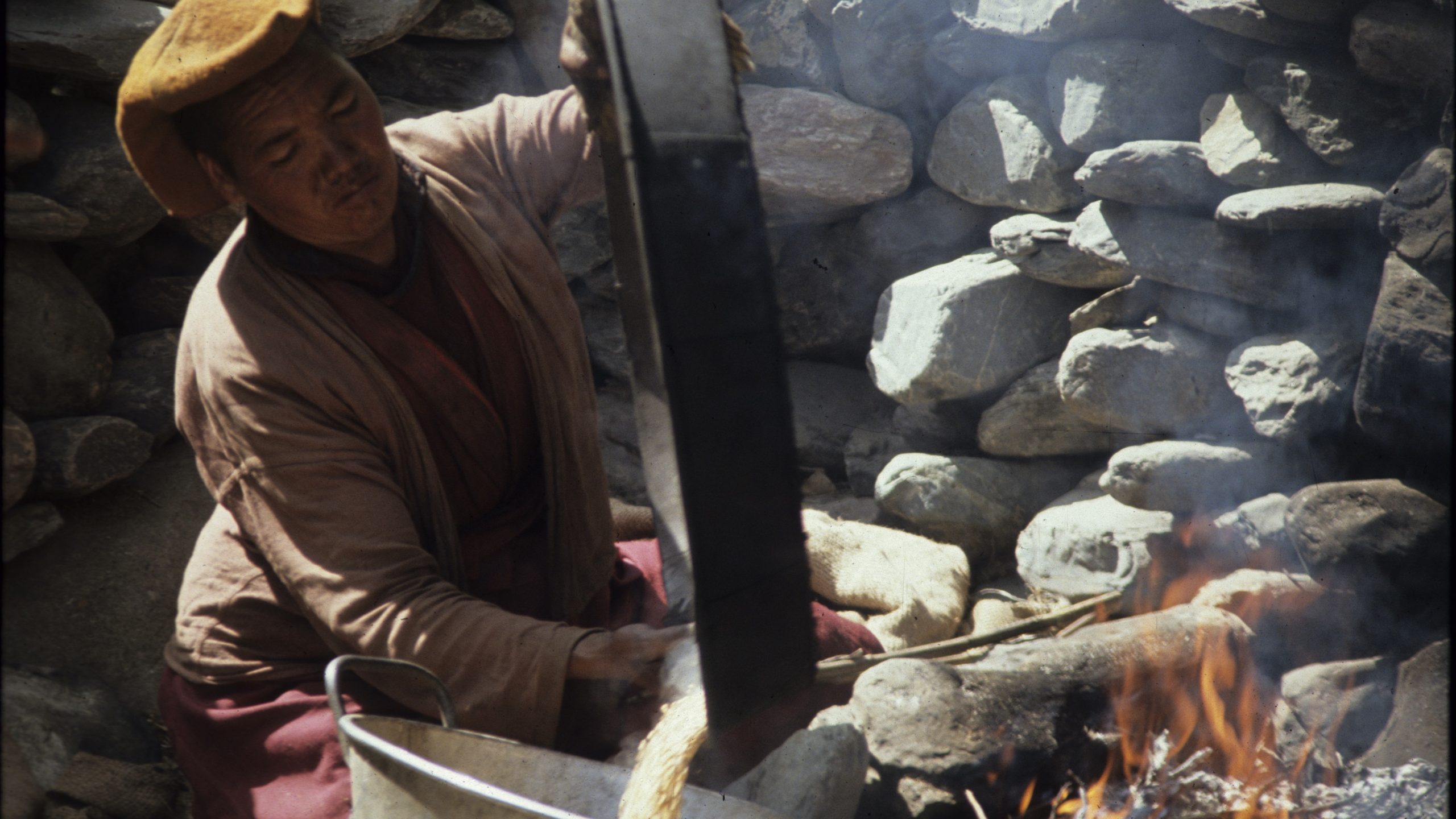
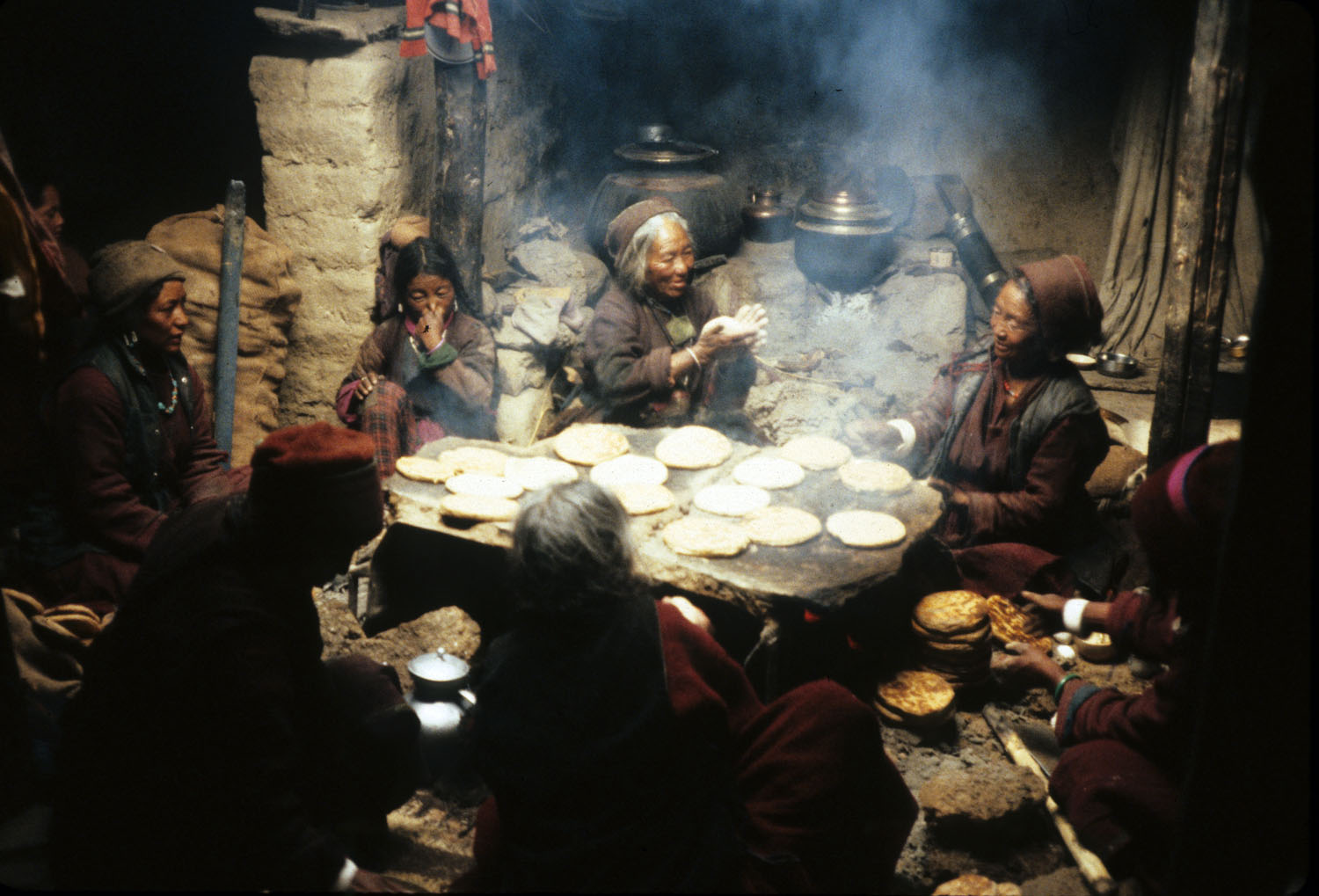
Women bake the breads that fuel community rituals, gatherings, and celebrations throughout the year and solidify communal solidarity and collaboration in this unforgiving landscape.
Girls and youth are the primary herders of sheep, goats, and dzo that are crucial to the local diet of milk, butter, and meat.
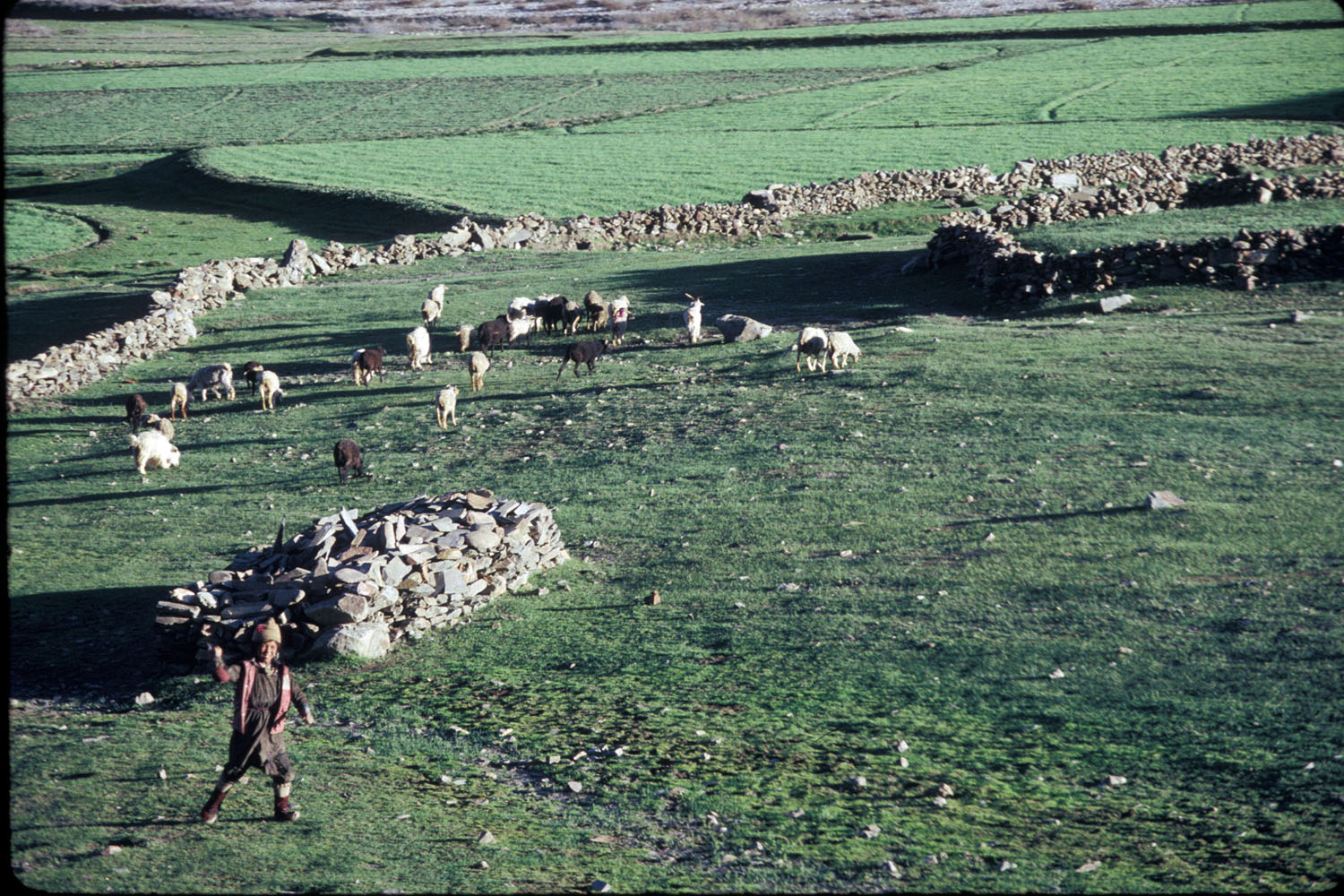
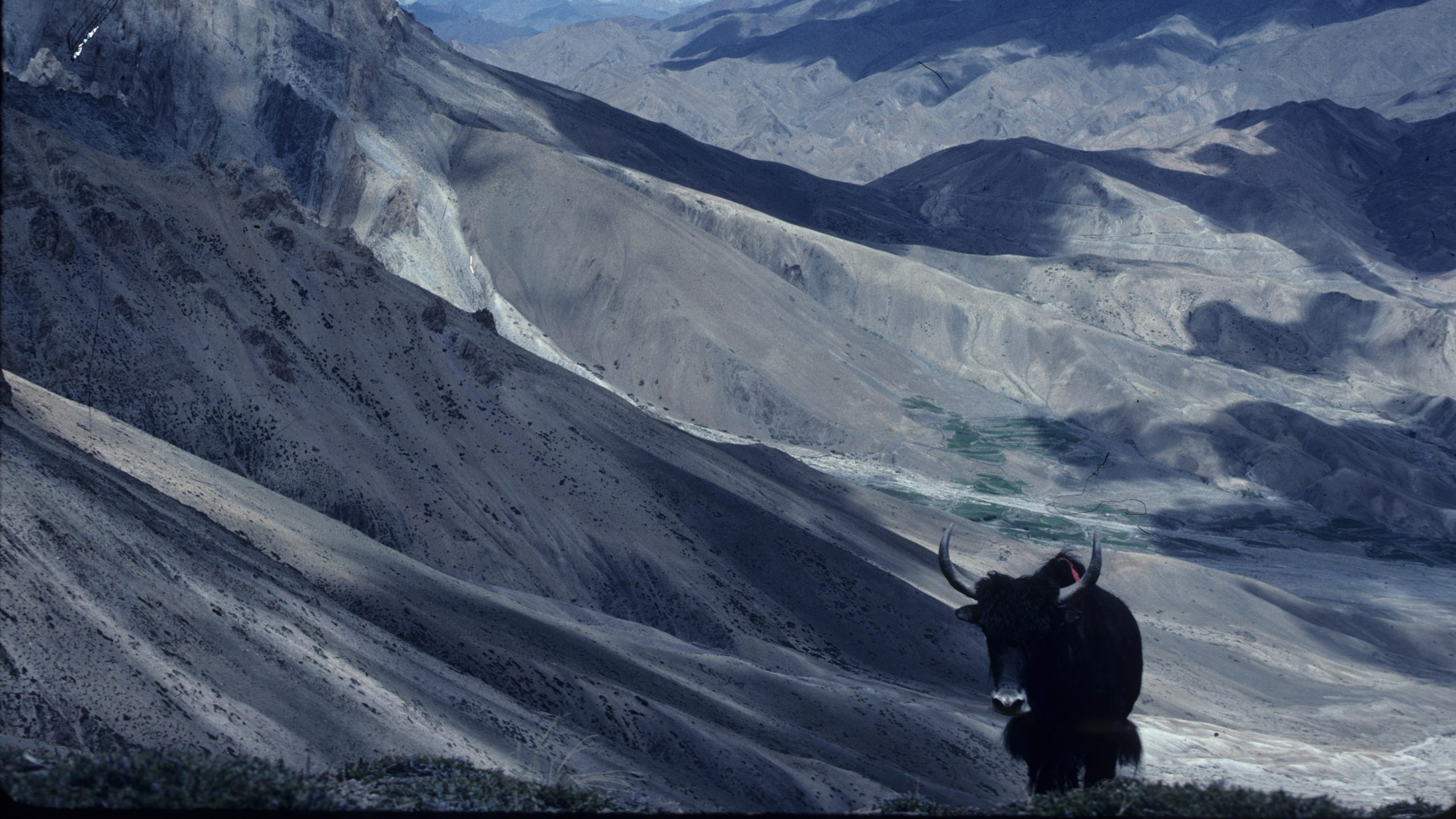
It is women and girls who live at the high pasture huts all summer milking the dzo and cows, and processing milk into yoghurt and butter for winter consumption, especially during the 6 month winter when only limited food stocks are imported from outside Zangskar.
Youth are increasingly attending school away from their home villages, which prepares them for highly coveted jobs in non-agricultural sectors but can deprive them of critical agricultural knowledges that were handed down for generations.
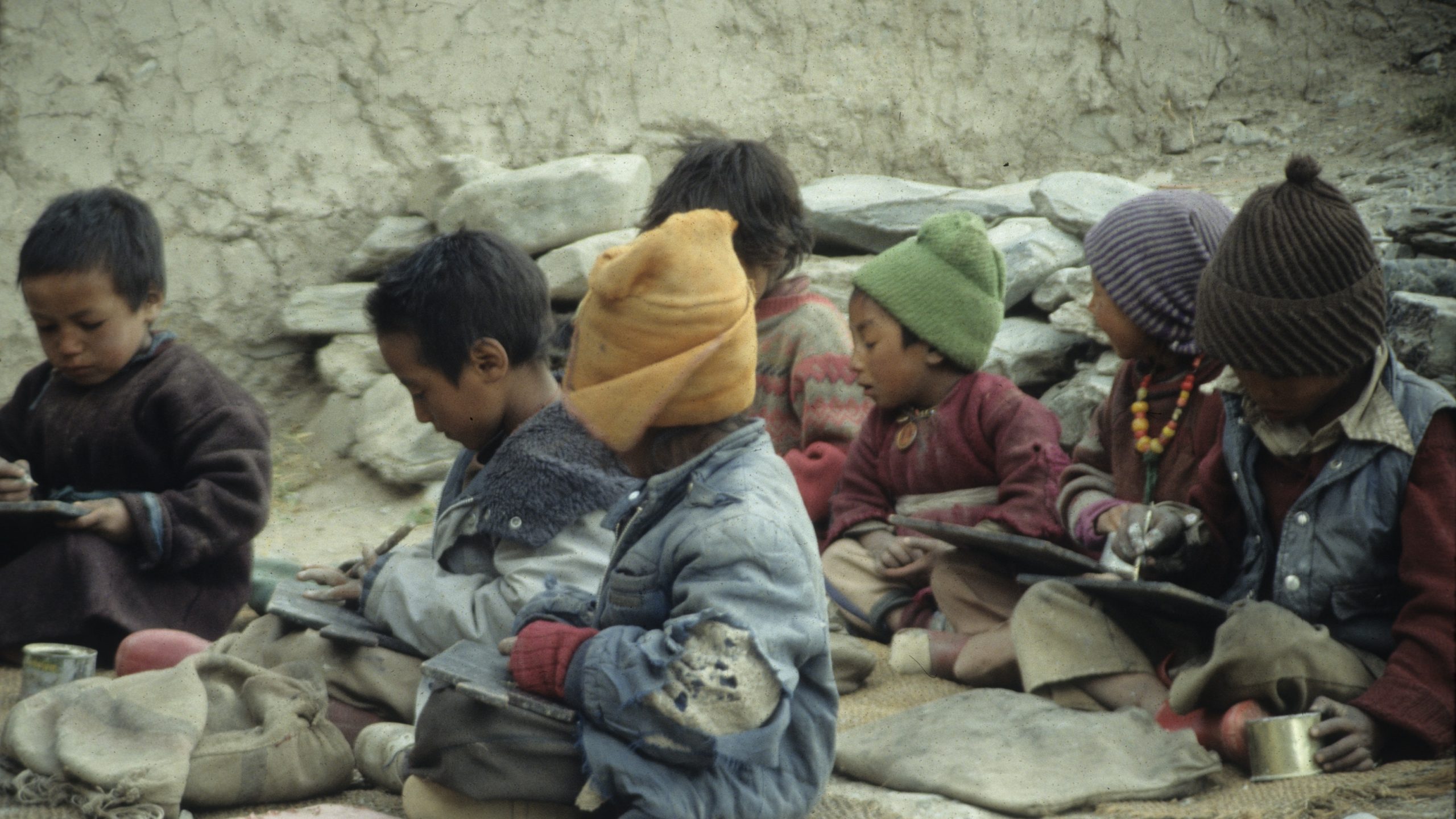
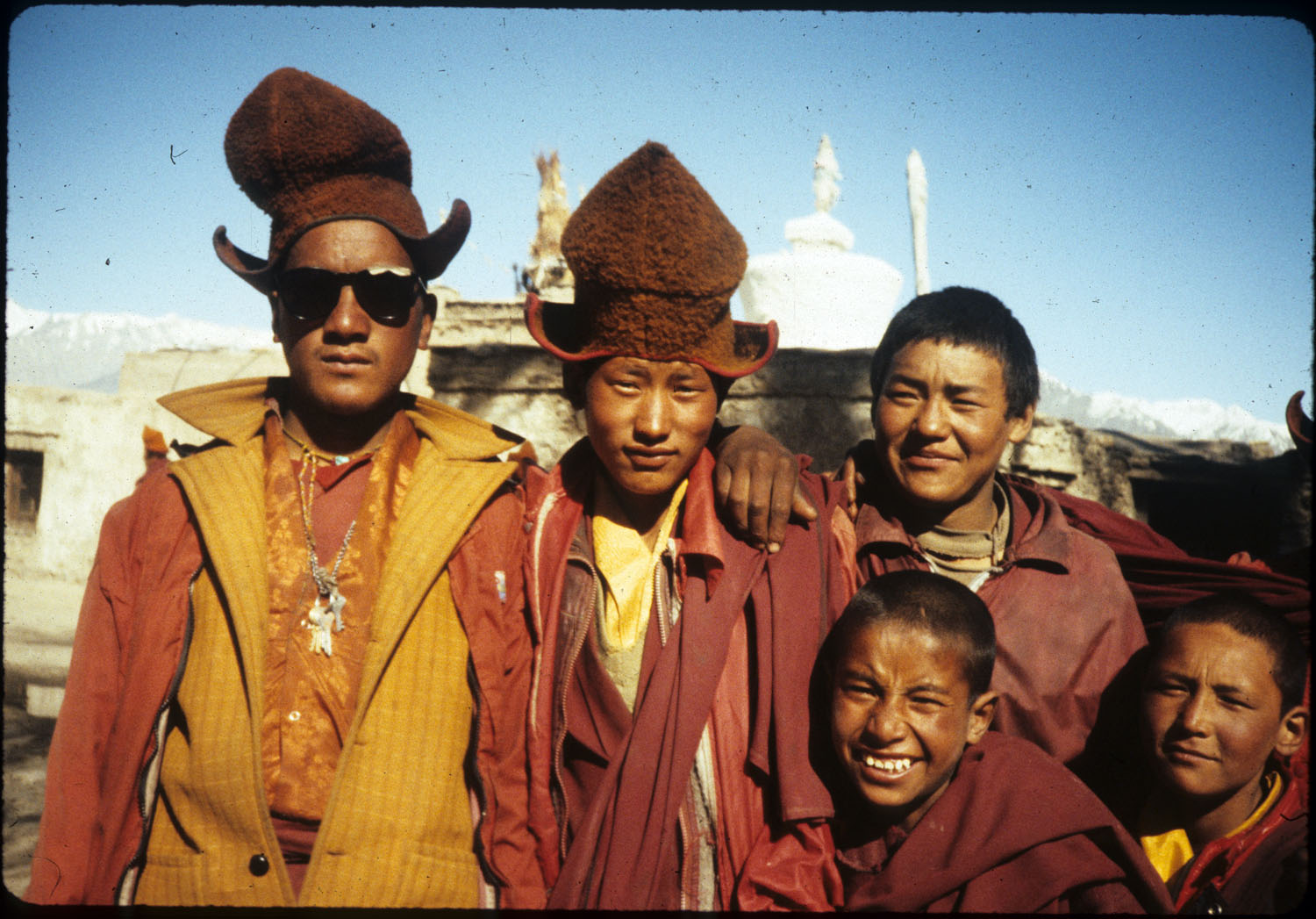
Climate Z will empower women and youth to be recognized for the valuable contributions they make to society, sustainability, and food security. It will highlight the health, sustainability, and social benefits of local food production and awareness of climate change mitigation and adaptation.
Women already fulfill Buddhist ideals of generosity and compassion in local society, yet they can be further empowered as stewards of the land resources to which they have equal rights as men.
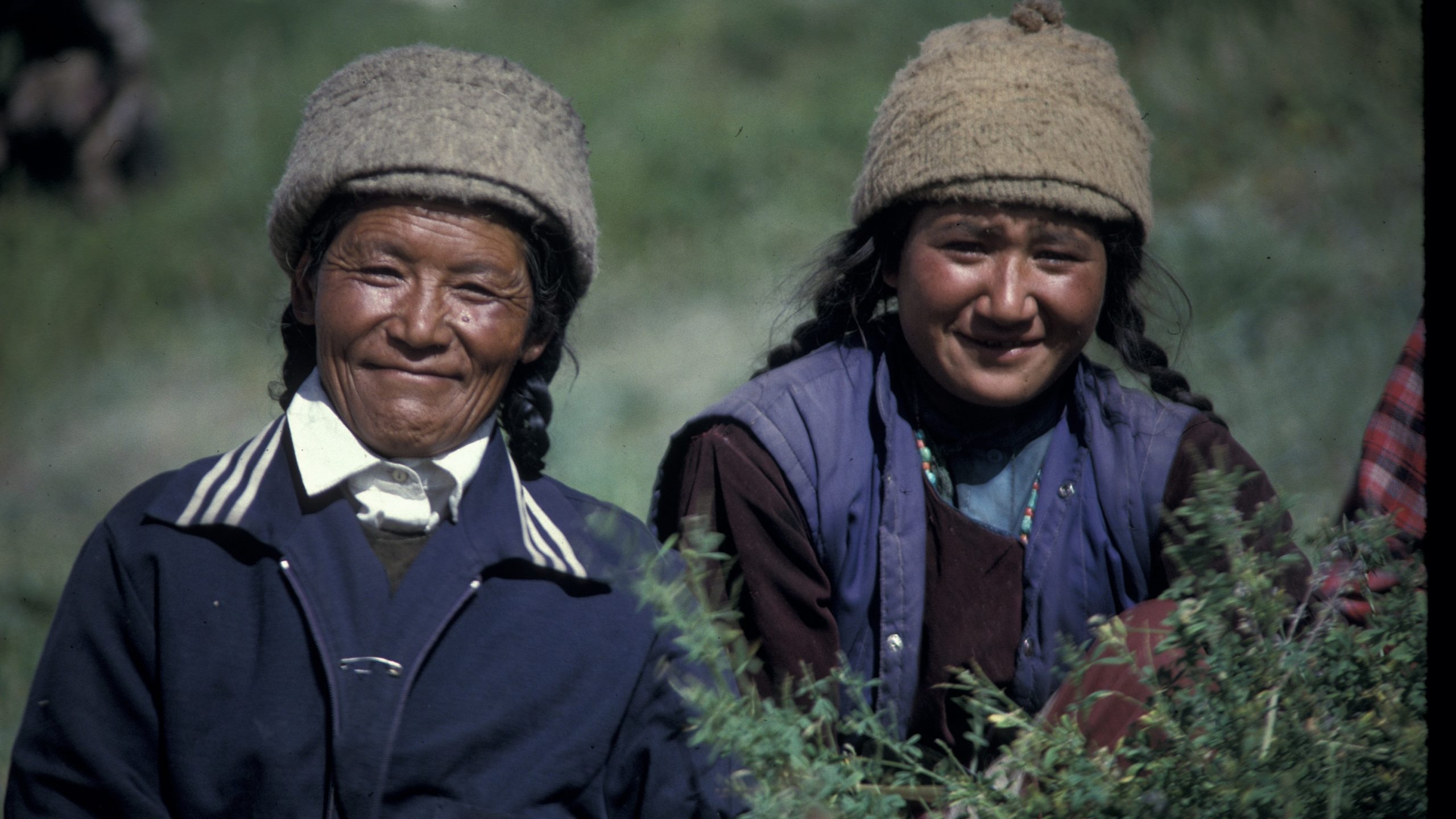
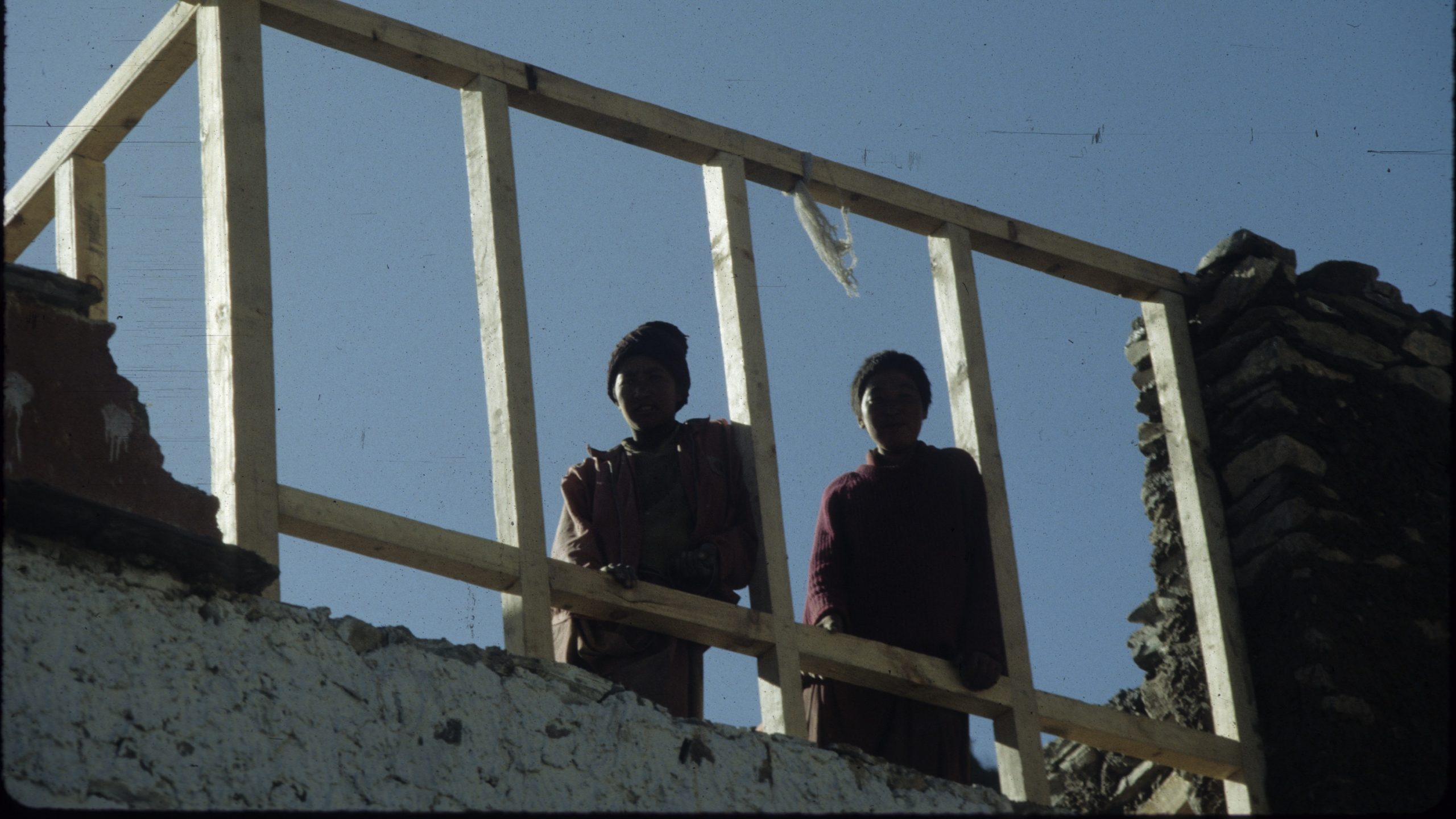
Both women and youth are neglected within an Indian political culture where men hold predominant authority over land, women, and children. Climate Z envisions women and youth as environmental stewards who are actively building the future they hope to create.
